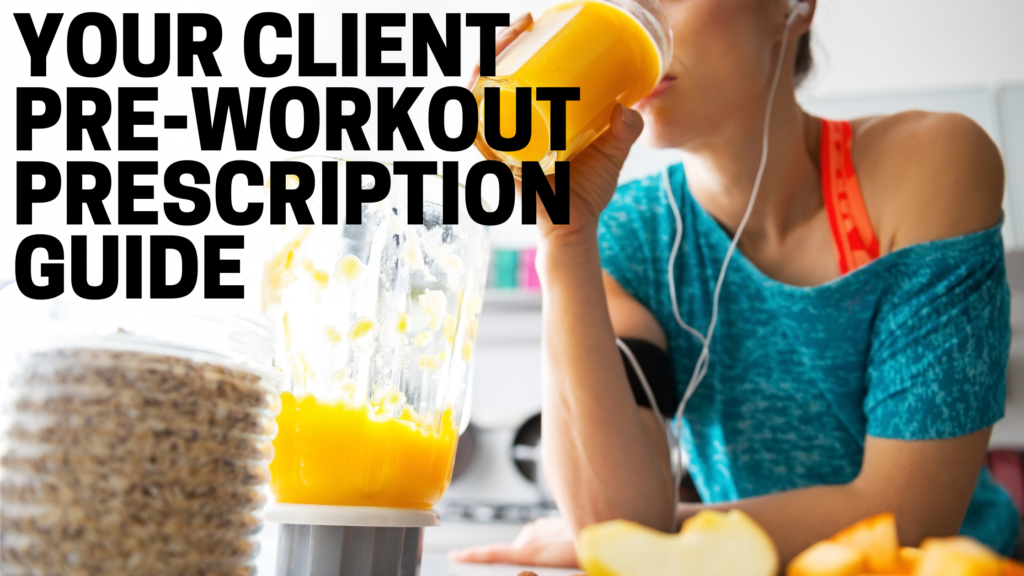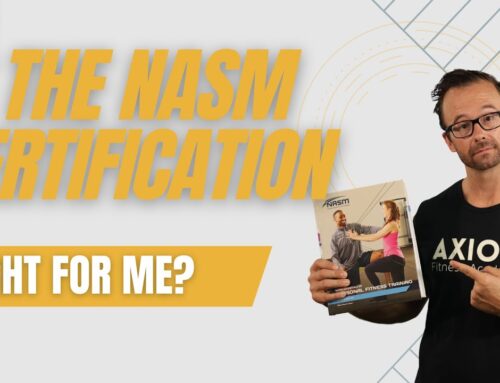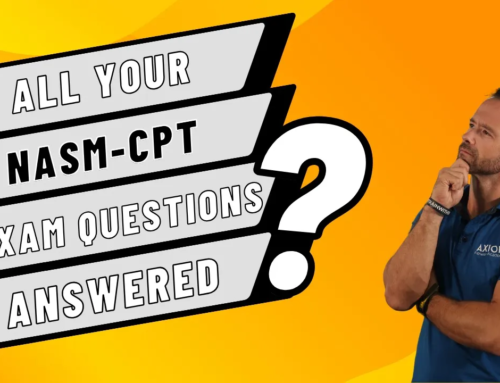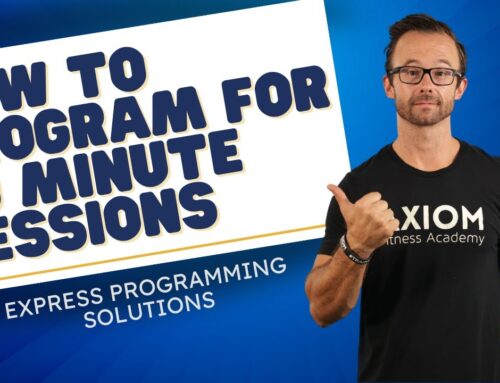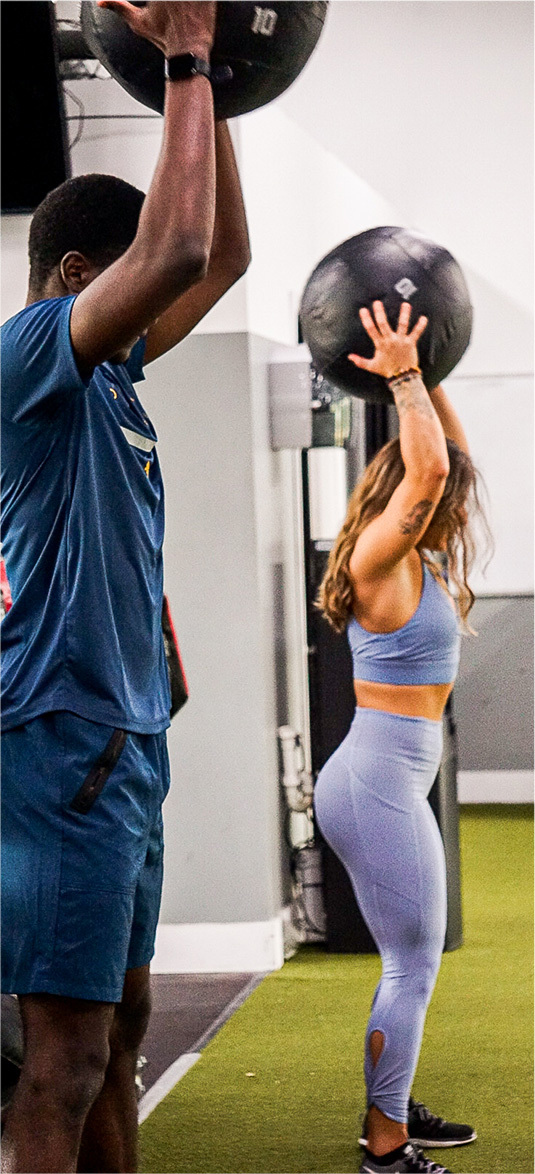At some point almost every client will ask you, “what should I eat before a workout?”
And, like almost every single answer to any nutrition-related question is…
It depends.
The thing with nutrition is that it’s so personal and unique to every person. That makes it almost impossible to give a clear, direct answer. However, most people still want a simple and quick response.
So how do you go about giving your clients the right advice?
The short answer for “what should I eat before a workout?” is “whatever makes you feel your best and able to perform your best.” But you’ll probably have to help them figure out what that is.
Maybe that’s a full meal, a small snack, a protein shake, or perhaps nothing at all.
In reality, it could be any of those or a combination of more than one. You aren’t going to know right away what is going to work for somebody, so you have to take a step back and look at the things you do know.
Workout Fuel Basics
For most people, what they eat before their workout is far less important than what they eat over the course of a day.
Your average client is not going to need to hone in on nutrient timing or an “optimal protein window,” even though those seem to be hot topics in nutrition. What they will need to focus on is having a meal that will allow them to perform their best, keep them hydrated, and sustain their energy while working out.
In any meal, we want to try to get all of our macronutrients, but especially in our pre-workout meal since we need it as fuel. Before a workout, clients need:
- Carbohydrates, our body’s preferred source of energy
- Protein, to help build and maintain muscle mass
- Fats, to help to keep blood sugar levels steady. (Fats don’t actually seem to improve or hinder workout performance, and they don’t fuel our workouts either, but they are chock-full of vitamins and minerals our bodies need in order to function properly and optimally.)
A full meal needs a few hours to digest, so you would want to make sure your clients have 2-3 hours in between their meal and working out. Now of course, having a full meal several hours before working out would be ideal, but most clients don’t live in the ideal situation.
That’s why you need to analyze each client situation individually, and adjust the plan accordingly. Start by identifying the key factors at play, client preferences and workout time, and use the three scenarios below as a baseline.
Assess The Situation
Situation #1: Your client works out at 5:30am
They’re not going to get up early enough to eat a full meal and have time to digest, and they feel too queasy even after having something small on the way to the gym. They say they feel best when they don’t eat anything before exercising.
What should they do?
They shouldn’t change a thing.
The best pre-workout food allows us to perform and feel the best while at the gym, and for some people that is actually no food.
Maybe they will need an after-gym snack on the way home and still a full breakfast when they get there. But if someone doesn’t feel good eating before a workout, especially that early in the morning.
There’s no need to force it because this won’t make a difference unless you’re training high-performance athletes.
Situation #2: Your client works out during their lunch break at noon
They eat a full breakfast around 7 AM and a full lunch after their workout. They probably won’t be having a full meal in between those, so what should they do?
Having a smoothie with all of the macros about an hour before their workout could be a good idea. You can hit all your food groups by making a power-shake.
Try throwing spinach, banana (carbs), greek yogurt (protein), and a spoonful of peanut butter (fat) into the blender. Mix, chug and voila! They’re satisfied and fueled for a workout.
Situation #3: Your client works out in the evening
They have lunch at noon and they workout at 5:30pm or later . They cook a full dinner when they’re done at the gym, but they also feel like they “hit a wall” 30 minutes into their workout since they’re not fueled.
What should they do?
Having a snack towards the end of their workday is probably a good way to fuel for their workout. This snack could have all the elements of a meal, but smaller portions and be easy to take on the go.
A good example could be some fast energy carbs like a piece of fruit, a handful of nuts (healthy fats), and a protein shake of just powder and water. They should be plenty fueled for their workout and not so full that they feel sick while working out.
Like most things in nutrition, dialing in perfect pre-workout nutrition all comes down to trial-and-error. There usually isn’t a super clear answer, but as a coach you will need to learn different strategies and methods in order to answer all of your clients’ questions about nutrition.
If you’re a personal trainer that feels like you need more answers when it comes to guiding your clients on nutrition, then make sure to download our free nutrition coaching packet which makes it easy to teach your clients about healthy habits and eating correctly for their goals.


